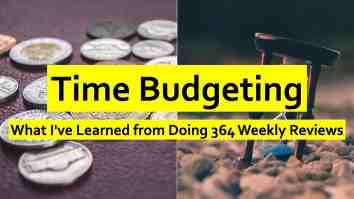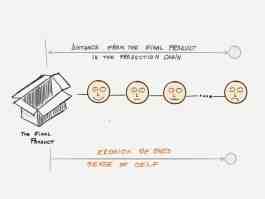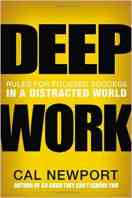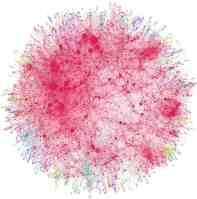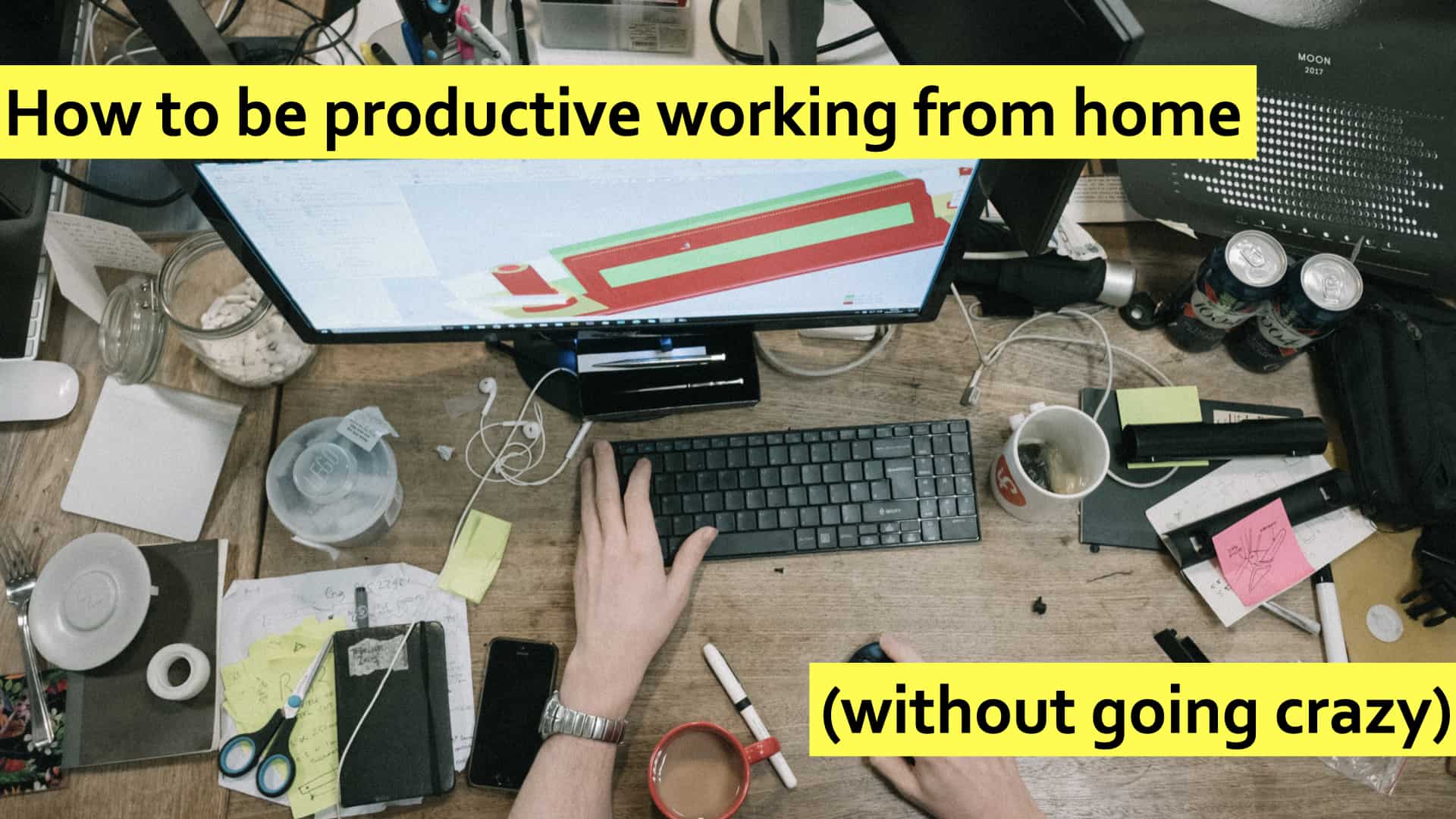
How to Be Productive Working from Home (Without Going Crazy)
Over the past 6 months as COVID has raged around the world, millions and millions of people have had to switch abruptly from working in an office, to working from home. Even if you had previous experience occasionally working remotely, you’ve probably noticed that doing it FULL-TIME is a completely different experience. You need a radically higher level of…

